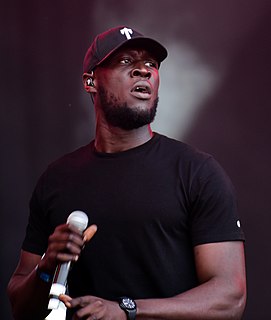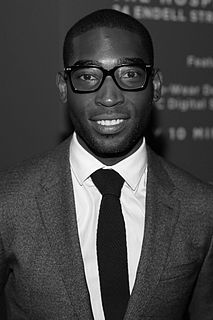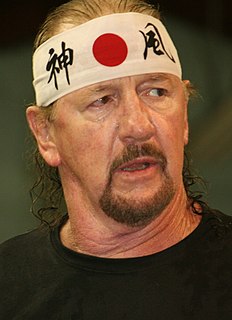A Quote by Kode9
I wrote a short article called "Yardcore" for that issue, too, as an attempt to talk about the Jamaican influence on garage, grime and dubstep; as a splicing of soundsystem culture and hardcore.
Related Quotes
Basically, there were three aspects of dub that influenced dubstep. The most important was playing the instrumental versions of vocal garage tracks, which was a little like what dub was to reggae - the instrumental of a full vocal.The second was dub as a methodology, which, for me, is apparent in all dance music: manipulating sound to create impossible sonic spaces using reverb, echo and such. The third is the influence of the genre called dub. (It became a cliché actually, through sampling old Jamaican films and soundtracks, and adding vocal samples.)
Nowadays it's a big issue in Europe because you are forced to describe yourself by your culture, and you begin to forget about yourself, your identity. You're supposed to act in certain ways. You're limited. When you try to go outside the lines to go into some other garden, then you're blamed and stoned because it's like blasphemy. When we talk about culture, we have to see those two sides to it. When we ignore it, it's dangerous. When we talk about it too much, it's also dangerous. We have to have a moderate balance.


































